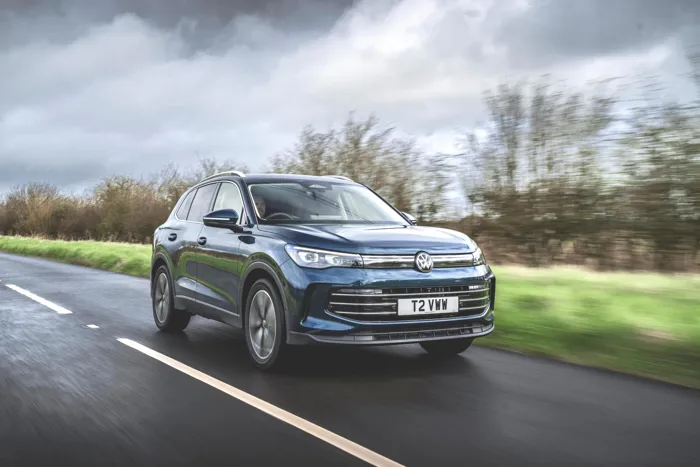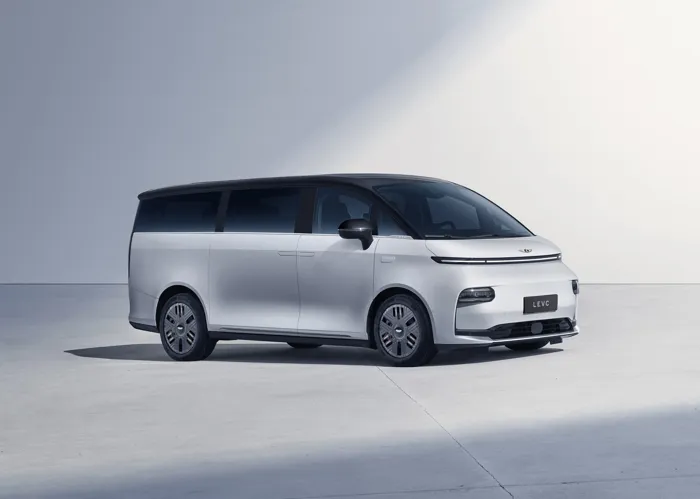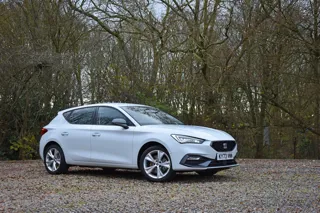LEVC L380 electric people carrier to launch in UK
LEVC has unveiled an eight-seat MPV as it begins to expand into the passenger car market.
Car News
16 Apr
Features and analysis

Mercedes-Benz Vans targets ‘natural growth’ and ‘long-term partnerships’
Mercedes-Benz Vans UK sales dipped last year but head of fleet Calum James is bullish about 2024 with the launch of more electric models.
Electric Fleet
Events
Car, van and truck reviews

Volkswagen Tiguan first drive | Straight to the top of its class
Volkswagen has delivered an excellent all-rounder with the new third-generation Tiguan.
car reviews
16 Apr


































